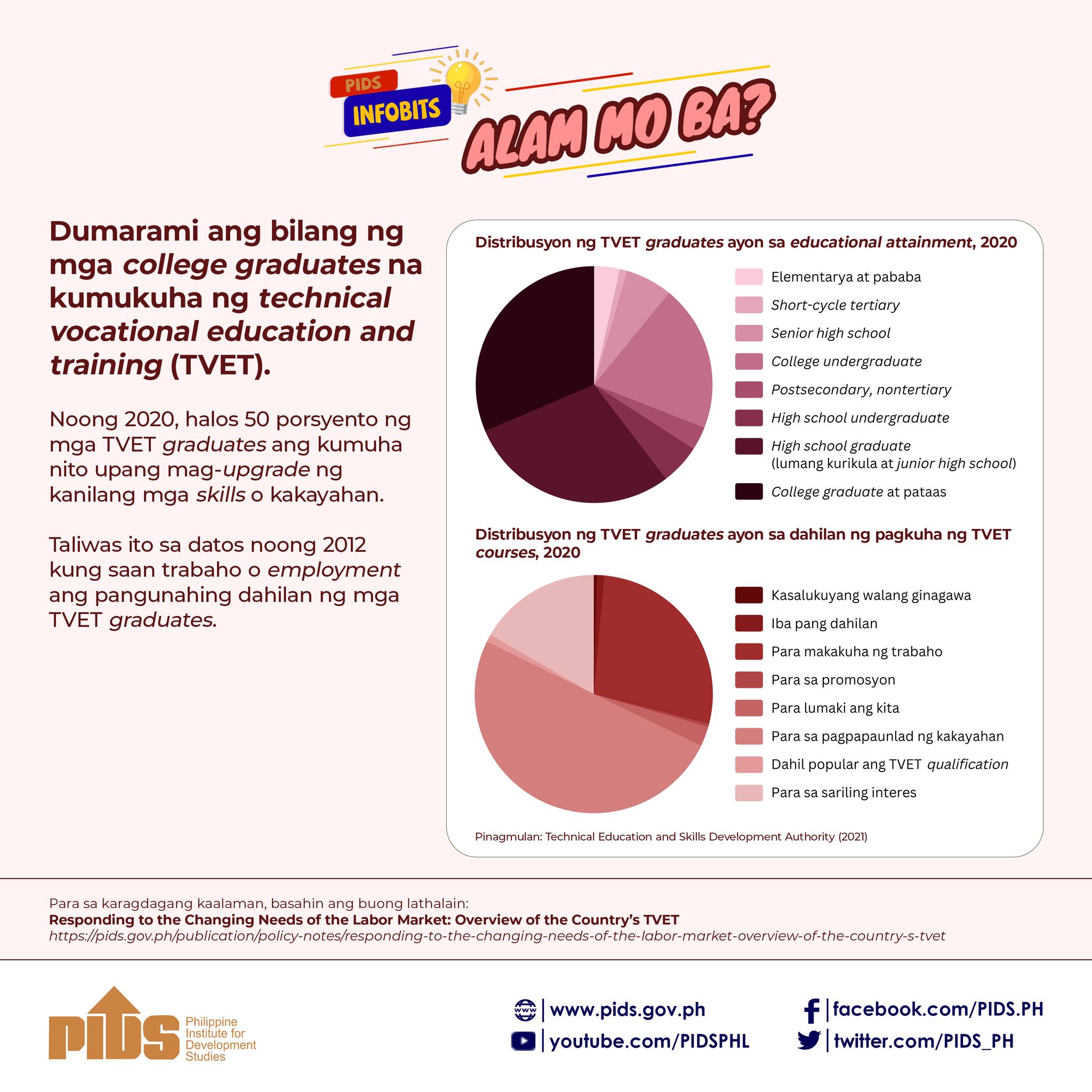MANILA, Philippines — Reforms in the labor sector are necessary as the Philippines recovers from the pandemic and as the Fourth Industrial Revolution continues to bring changes in the country.
In a lecture hosted by the Foundation for Economic Freedom (FEF), Philippine Institute for Development Studies (PIDS) visiting fellow Vicente Paqueo proposed to systematically review and revise labor laws to ensure the economic security of Filipino workers against incoming labor disruption.
This as he noted the presence of restrictive laws that cause Philippine labor markets to encounter high labor costs, inflexibility and inefficiency.
These, in turn, cause the country’s labor productivity to lag behind its Southeast Asian neighbors.
PIDS senior research fellow Aniceto Orbeta and FEF fellow Gary Olivar also suggested the strengthening of the country’s unemployment insurance and pension system and establishing special employment zones.
Marikina Rep. Stella Quimbo, for her part, noted that the country’s labor laws provide insufficient flexibility and employment decisions.
“On the other hand, existing programs that are supposed to provide safety nets are fragmented, non-inclusive, and limited,” she said.
Quimbo has filed the National Unemployment Insurance Program which seeks to efficiently provide protection from nationwide economic crises, such as the current pandemic and to support affected workers when searching for jobs.
She also called for the passage of the economic stimulus Bayanihan 3 to boost consumer spending and support workers, small and medium enterprises and farmers.
The private sector, on the other hand, proposed legalizing equitable measures for the next two to three years, such as supporting employee tenure, providing long-term and target-based incentives, facilitating rotational work schedules and championing employee work-life balance.











